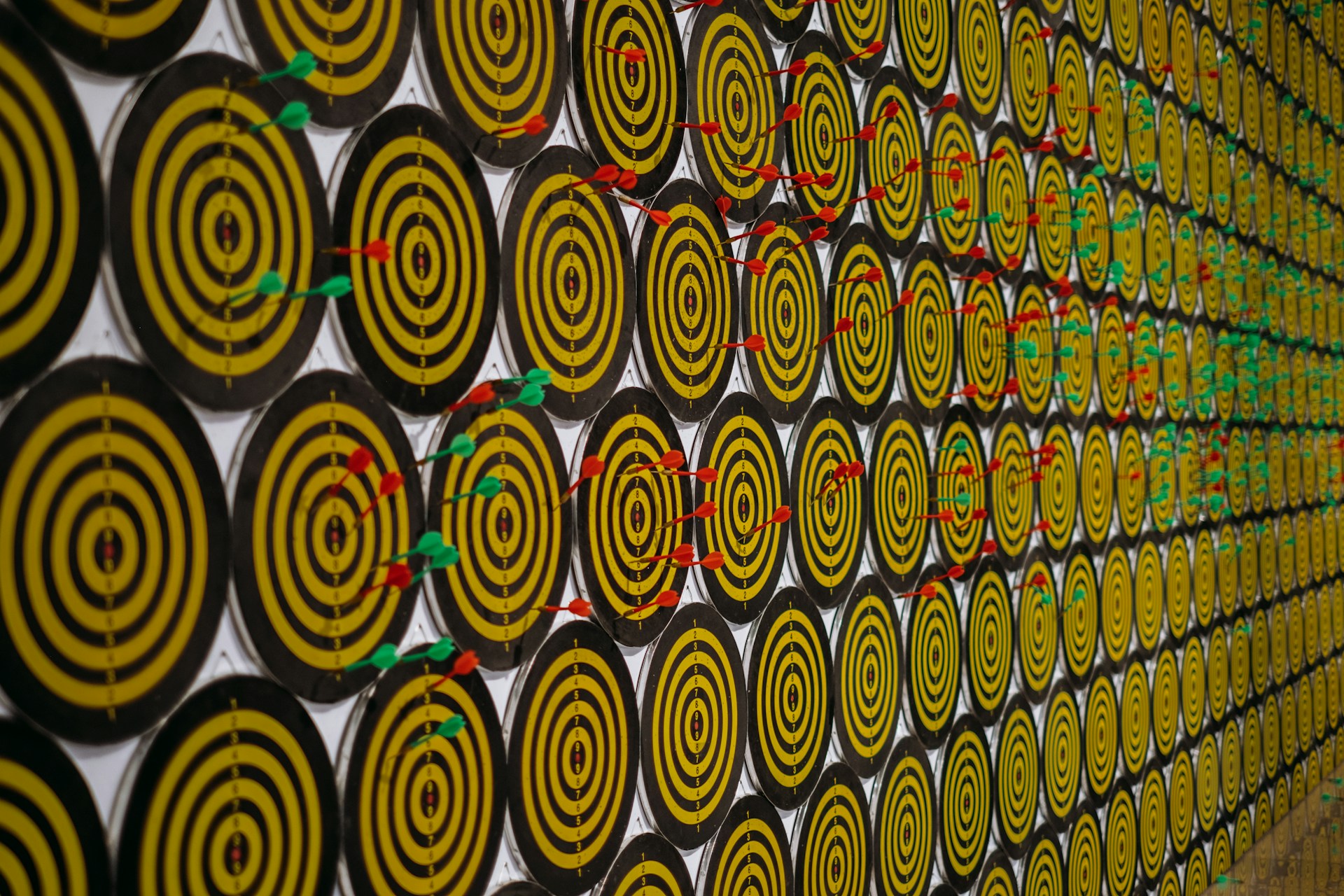Finding Confidence in Consistency

Consistency builds confidence.
Last week we had a meeting with a digital marketing company in town.
They asked about content – what do we have, who writes it? We do, for the past three years. They were happy to hear that. For the record, many companies out there are looking to these firms to create content for them.
Because it’s hard.
This conversation was affirmation that our consistency had paid off.
Three years ago this wasn’t the case. I recall the exact conversation in a parking lot in Peachtree Corners. I wanted to push out of my comfort zone on writing and my coach challenged me to write a weekly POV. Say what you think – express your point of view about what matters to you.
I felt resistance for so many reasons as I thought about that practice. Put an email out EVERY week?
It didn’t happen at first, but over the last several years with blood, sweat, and tears, an extensive library of work was revealed. Without even realizing it.
Consistency is:
- agreement or harmony of parts of features to one another or a whole (ALIGNMENT)
- firmness of constitution or character (PERSISTENCY)
It’s the 1% changes over time that make all the difference.
It sounds easy. And yet we can’t help but resist consistency.
Consistency is the day to day and the “over a period of time”. It’s often the blahs and the “push through it anyway” moments. In a culture where we’re immediately gratified and outcome-obsessed, consistency is the part no one likes to talk about.
It’s also what, over a period of time, sets the foundation for it “all” to come true.
No one describes what consistency IS better than James Clear:
“Greatness is consistency. Meditating once is common. Meditating daily is rare. Exercising today is simple. Training every week is simply remarkable. Writing one essay rarely matters. Write every day and you’re practically a hero. Unheroic days can make for heroic decades.”
Consistency builds massive levels of confidence.
It creates a positive feedback loop for confidence. The more consistently we perform well, the more confident we become, leading to even better performance in the future.
Now that we have clearly defined what consistency is, here’s what consistency IS NOT:
- Too big to tackle. When you’ve set the bar too high, it can be impossible to follow through. Consistency is the repetition of incremental changes that add up to something great.
- Output driven. The destiny is the journey. Focusing on the process and practice you’ve chosen to help you create or get better is key to staying in it.
- Without lack of challenge. Consistency isn’t easy – you’ll have resistance, writer’s block and doubt. Practice over time helps you overcome the inevitable obstacles.
- Comparing yourself to others. Being clear about what YOU want to create or follow through on is your business. Run your own race.
- Rigid. While structure and initial planning matter, forcing yourself to follow rigid guidelines removes the fun, creativity and ultimate results. If it’s not fun and rewarding, eventually we tap out.
Lastly, consistency is NOT PERFECTION.
Human beings are not machines and our practices won’t ever be flawless. Errors and inconsistencies are a huge part of life.
It’s the way that we approach the errors, so that we can adjust and learn and get back on the horse that matters. It’s the grace and the learning that changes us most.
What if aiming for consistency over perfectionism is the shift that leads you exactly where you want to go?
